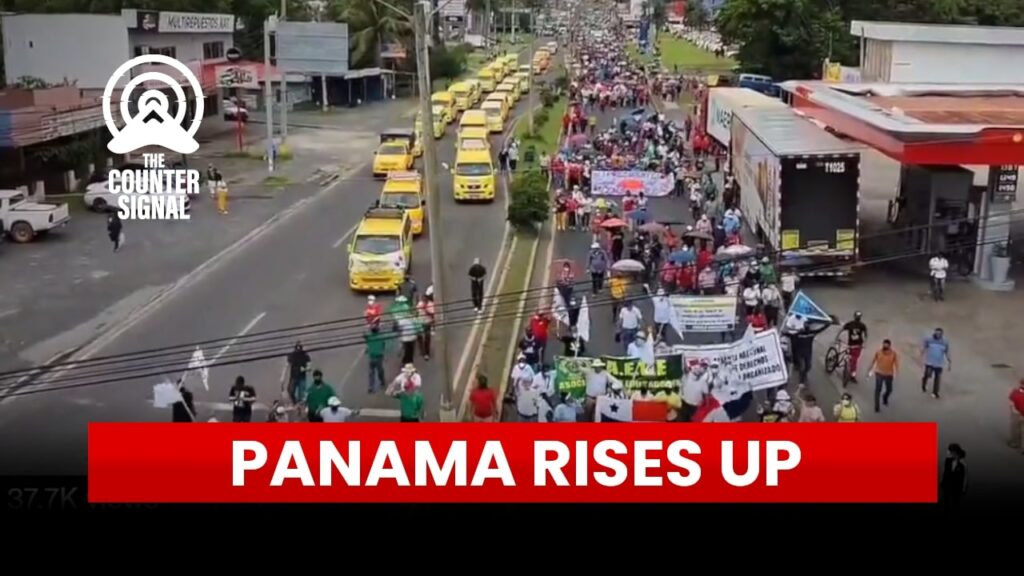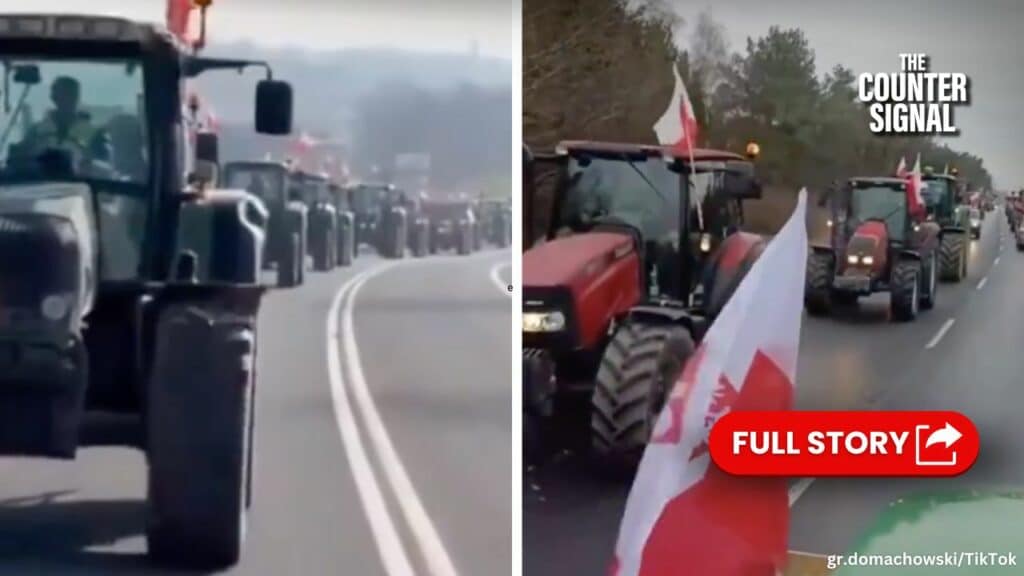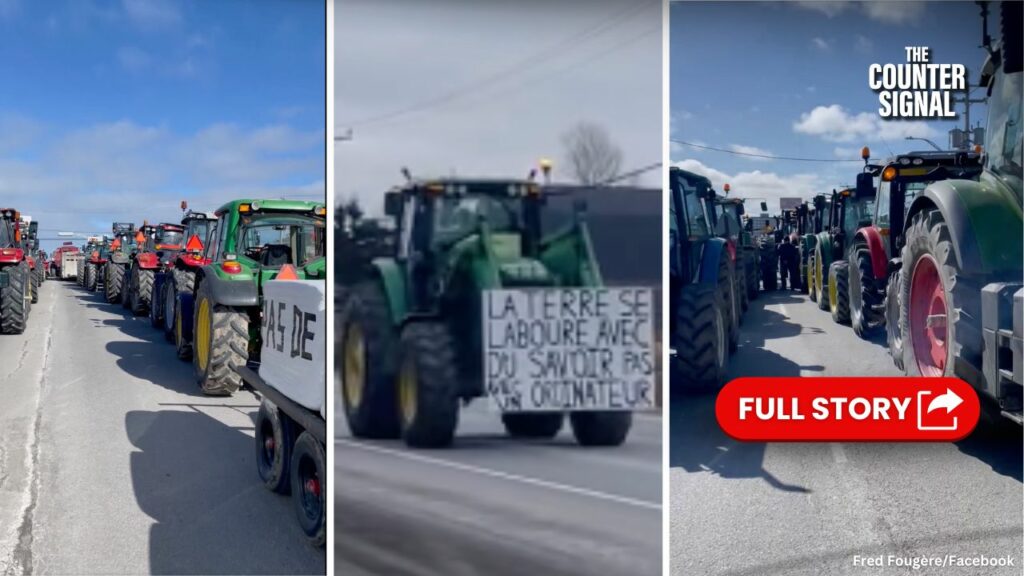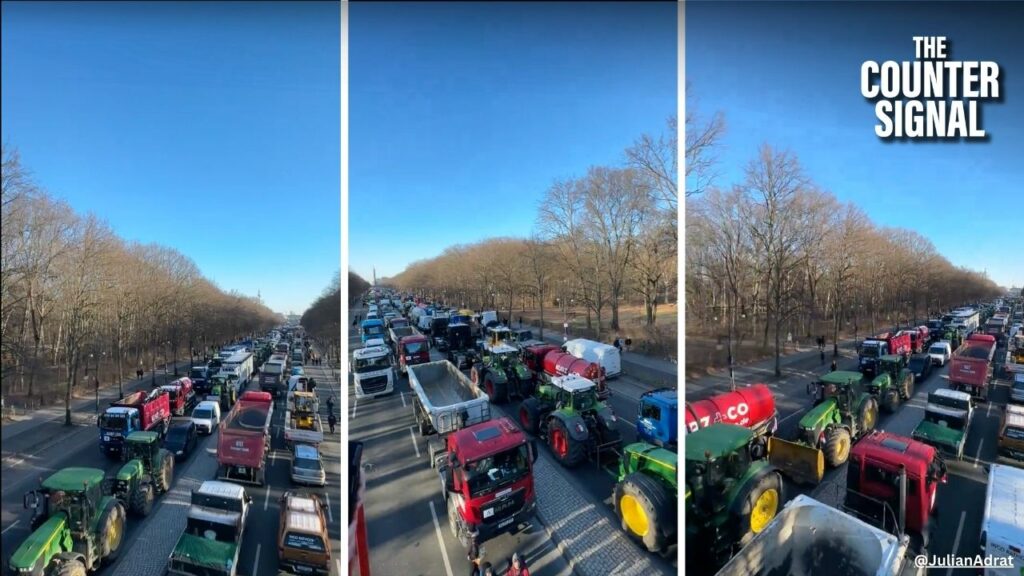People in Panama are rising up, blockading highways over a fuel and food crisis many believe was caused by the government.

On Sunday, talks broke down between protesters and the Panama government, which had offered to give some financial aid to lower gas prices for Panamanians if they agreed to stop blockading roads.
According to Luis Sanchez, a leader of the Anadepo civic grouping, though an agreement was signed, he didn’t feel it was binding as he still needed to “consult the rank and file” amid the grassroots protesters and union heads.
He added that the agreement “was signed under pressure.”
Those protesting appear to have taken inspiration from the Dutch, as the government hadn’t been willing to come to the table until protesters began setting fires on roads that led to government offices, which caused major delays and inconvenienced officials.
Fourteenth day of a general strike in Panama due to rising prices, deteriorating living conditions and corruption of the political class. Numerous roads blocked and tensions with the police in many areas of the country. pic.twitter.com/VOpAFzFl5P
— RadioGenova (@RadioGenova) July 17, 2022
As grocery stores empty out, and inflation becomes unbearable, the people of Panama are taking to the streets to protest the socialist DRP government. pic.twitter.com/PXI95gGH78
— Keean Bexte 🇳🇱 (@TheRealKeean) July 19, 2022
According to protester and farmer Juan Morales, protesters have no intention of slowing down until the government proposes a more comprehensive solution.
“We will stay on in the street,” Morales said. “We will not weaken. We need strong and positive answers.”
Protests in the country have been ongoing for two weeks now, and residents say that the price of food has risen to the point that many can’t afford to feed their families.
“We are in a bad way,” resident Angelica Ruiz said. “No food, no buses. I wanted to buy rice and… what little can be found is very expensive. The vegetables are bad.”
🇵🇦 Demonstrations and roadblocks in Panama against corruption, high living costs and rising fuel prices. #PanamaProtesta #Panama pic.twitter.com/nR4BSjs3js
— PN News (@PN_News_EN) July 13, 2022
Panamanians now join those around the world who are protesting everything related to the fuel and food crisis, as well as climate policies which are destroying blue-collar jobs. These countries include the Netherlands, Germany, Italy, Poland, Argentina, Sri Lanka, and many others.










